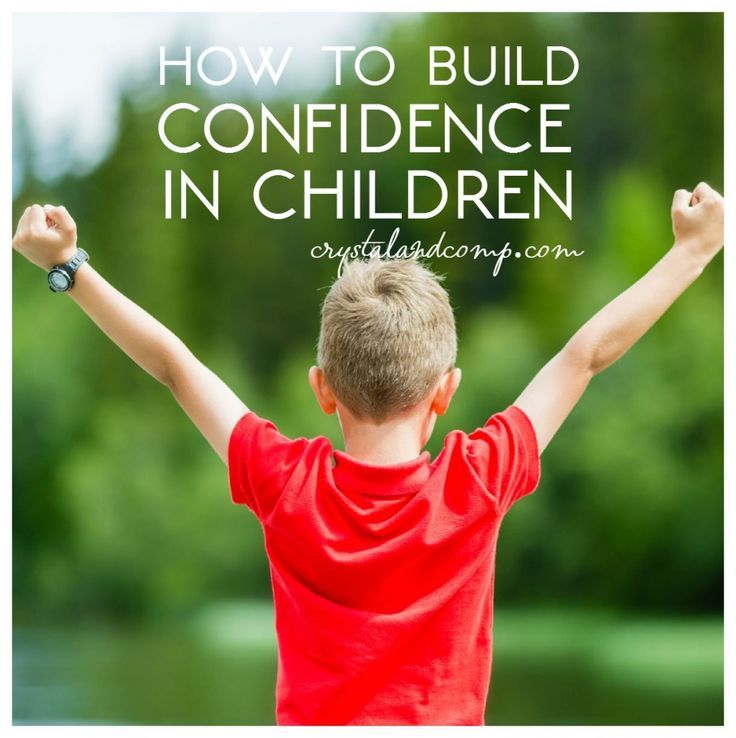How to teach your child confidence
Your Child's Self-Esteem (for Parents)
Sometimes it's easy to notice when kids seem to feel good about themselves — and when they don't. We often describe this idea of feeling good about ourselves as "self-esteem."
Kids with self-esteem:
- feel liked and accepted
- feel confident
- feel proud of what they can do
- think good things about themselves
- believe in themselves
Kids with low self-esteem:
- are self-critical and hard on themselves
- feel they're not as good as other kids
- think of the times they fail rather than when they succeed
- lack confidence
- doubt they can do things well
Why Self-Esteem Matters
Kids who feel good about themselves have the confidence to try new things. They are more likely to try their best. They feel proud of what they can do. Self-esteem helps kids cope with mistakes. It helps kids try again, even if they fail at first. As a result, self-esteem helps kids do better at school, at home, and with friends.
Kids with low self-esteem feel unsure of themselves. If they think others won't accept them, they may not join in. They may let others treat them poorly. They may have a hard time standing up for themselves. They may give up easily, or not try at all. Kids with low self-esteem find it hard to cope when they make a mistake, lose, or fail. As a result, they may not do as well as they could.
How Self-Esteem Develops
Self-esteem can start as early as babyhood. It develops slowly over time. It can start just because a child feels safe, loved, and accepted. It can start when a baby gets positive attention and loving care.
As babies become toddlers and young children, they're able to do some things all by themselves. They feel good about themselves when they can use their new skills. Their self-esteem grows when parents pay attention, let a child try, give smiles, and show they're proud.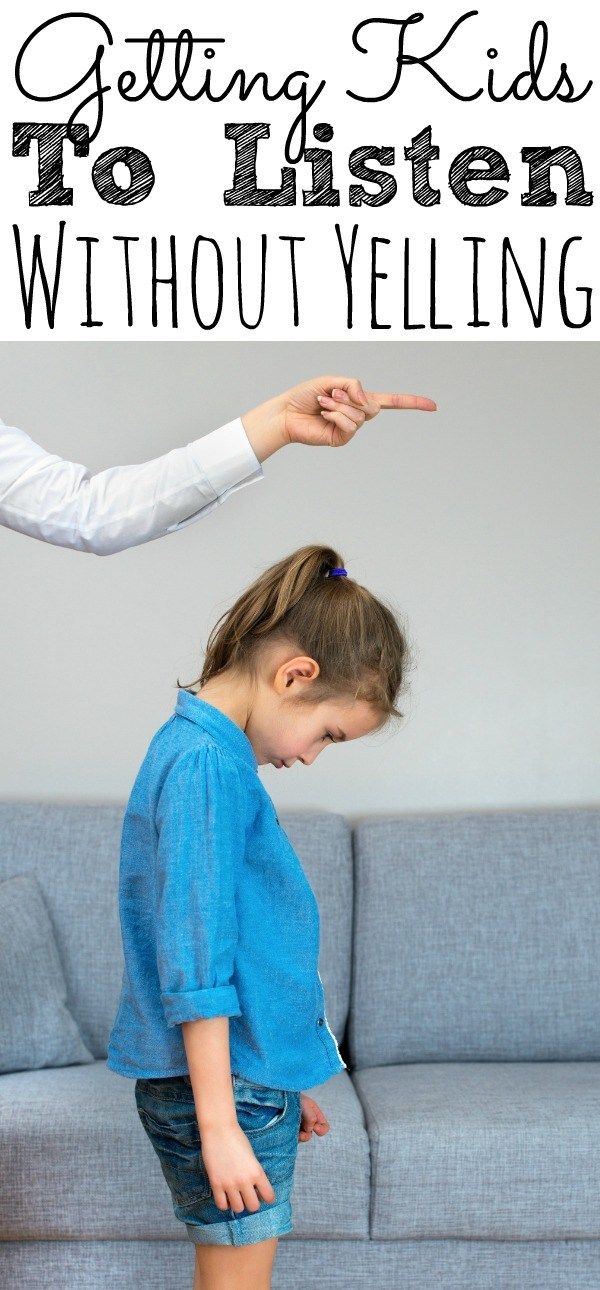
As kids grow, self-esteem can grow too. Any time kids try things, do things, and learn things can be a chance for self-esteem to grow. This can happen when kids:
- make progress toward a goal
- learn things at school
- make friends and get along
- learn skills — music, sports, art, cooking, tech skills
- practice favorite activities
- help, give, or be kind
- get praise for good behaviors
- try hard at something
- do things they're good at and enjoy
- are included by others
- feel understood and accepted
- get a prize or a good grade they know they've earned
When kids have self-esteem, they feel confident, capable, and accepted for who they are.
p
How Parents Can Build Self-Esteem
Every child is different. Self-esteem may come easier to some kids than others. And some kids face things that can lower their self-esteem. But even if a child's self-esteem is low, it can be raised.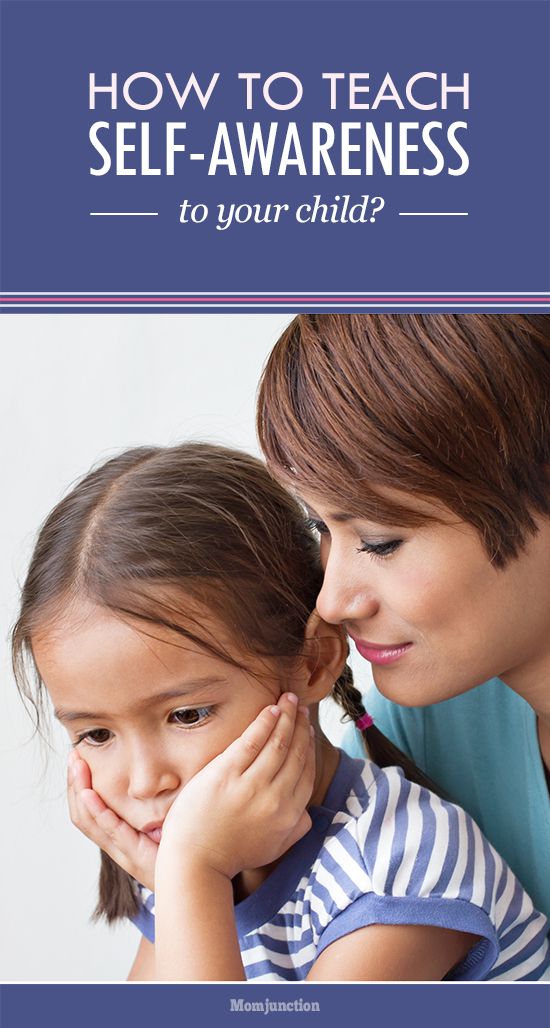
Here are things parents can do to help kids feel good about themselves:
Help your child learn to do things. At every age, there are new things for kids to learn. Even during babyhood, learning to hold a cup or take first steps sparks a sense of mastery and delight. As your child grows, things like learning to dress, read, or ride a bike are chances for self-esteem to grow.
When teaching kids how to do things, show and help them at first. Then let them do what they can, even if they make mistakes. Be sure your child gets a chance to learn, try, and feel proud. Don't make new challenges too easy — or too hard.
Praise your child, but do it wisely. Of course, it's good to praise kids. Your praise is a way to show that you're proud. But some ways of praising kids can actually backfire.
Here's how to do it right:
- Don't overpraise. Praise that doesn't feel earned doesn't ring true. For example, telling a child he played a great game when he knows he didn't feels hollow and fake.
 It's better to say, "I know that wasn't your best game, but we all have off days. I'm proud of you for not giving up." Add a vote of confidence: "Tomorrow, you'll be back on your game."
It's better to say, "I know that wasn't your best game, but we all have off days. I'm proud of you for not giving up." Add a vote of confidence: "Tomorrow, you'll be back on your game." - Praise effort. Avoid focusing praise only on results (such as getting an A) or fixed qualities (such as being smart or athletic).
Instead, offer most of your praise for effort, progress, and attitude. For example: "You're working hard on that project," "You're getting better and better at these spelling tests," or, "I'm proud of you for practicing piano — you've really stuck with it." With this kind of praise, kids put effort into things, work toward goals, and try. When kids do that, they're more likely to succeed.
Be a good role model. When you put effort into everyday tasks (like raking the leaves, making a meal, cleaning up the dishes, or washing the car), you're setting a good example. Your child learns to put effort into doing homework, cleaning up toys, or making the bed.
Modeling the right attitude counts too. When you do tasks cheerfully (or at least without grumbling or complaining), you teach your child to do the same. When you avoid rushing through chores and take pride in a job well done, you teach your child to do that too.
Ban harsh criticism. The messages kids hear about themselves from others easily translate into how they feel about themselves. Harsh words ("You're so lazy!") are harmful, not motivating. When kids hear negative messages about themselves, it harms their self-esteem. Correct kids with patience. Focus on what you want them to do next time. When needed, show them how.
Focus on strengths. Pay attention to what your child does well and enjoys. Make sure your child has chances to develop these strengths. Focus more on strengths than weaknesses if you want to help kids feel good about themselves. This improves behavior too.
Let kids help and give. Self-esteem grows when kids get to see that what they do matters to others. Kids can help out at home, do a service project at school, or do a favor for a sibling. Helping and kind acts build self-esteem and other good feelings.
Kids can help out at home, do a service project at school, or do a favor for a sibling. Helping and kind acts build self-esteem and other good feelings.
Reviewed by: D'Arcy Lyness, PhD
Date reviewed: July 2018
12 Tips to Raise Confident Children | Building Self-Esteem
Right from birth, kids learn new skills at a dizzying rate. And along with those new abilities, they also acquire the confidence to use them.
As children get older, that confidence can be as important as the skills themselves. To thrive, kids need to trust in their own capabilities while, at the same time, knowing that they can handle it if they aren’t successful at something. It’s by experiencing mastery and rebounding from failure that they develop healthy self-confidence.
Here are 12 ways you can set kids up to feel capable and get the most mileage out of their skills and talents.
1. Model confidence yourself
Even if you’re not quite feeling it! Seeing you tackle new tasks with optimism and lots of preparation sets a good example for kids. That doesn’t mean you have to pretend to be perfect. Do acknowledge your anxiety, but don’t focus on it—focus on the positive things you are doing to get ready.
That doesn’t mean you have to pretend to be perfect. Do acknowledge your anxiety, but don’t focus on it—focus on the positive things you are doing to get ready.
2. Don’t get upset about mistakes
Help kids see that everyone makes mistakes and the important thing is to learn from them, not dwell on them. Confident people don’t let fear of failure get in their way—not because they’re sure they won’t ever fail, but because they know how to take setbacks in stride.
3. Encourage them to try new things
Instead of focusing all their energy on what they already excel at, it’s good for kids to diversify. Attaining new skills makes kids feel capable and confident that they can tackle whatever comes their way.
4. Allow kids to fail
It’s natural to want to protect your child from failure, but trial and error is how kids learn, and falling short on a goal helps kids find out that it’s not fatal. It can also spur kids to greater effort, which will serve them well as adults.
5. Praise perseverance
Learning not to give up at the first frustration or bail after one setback is an important life skill. Confidence and self-esteem are not about succeeding at everything all the time, they’re about being resilient enough to keep trying, and not being distressed if you’re not the best.
6. Help kids find their passion
Exploring their own interests can help kids develop a sense of identity, which is essential to building confidence. Of course, seeing their talents grow will also give a huge boost to their self-esteem.
7. Set goals
Articulating goals, large and small, and achieving them makes kids feel strong. Help your child turn desires and dreams into actionable goals by encouraging them to make a list of things they’d like to accomplish. Then, practice breaking down longer-term goals into realistic benchmarks. You’ll be validating their interests and helping them learn the skills they’ll need to attain their goals throughout life.
8. Celebrate effort
Praising kids for their accomplishments is great, but it’s also important to let them know you’re proud of their efforts regardless of the outcome. It takes hard work to develop new skills, and results aren’t always immediate. Let kids know you value the work they’re doing, whether they’re toddlers building with blocks or teenagers teaching themselves to play the guitar.
9. Expect them to pitch in
They might complain, but kids feel more connected and valued when they’re counted on to do age-appropriate jobs, from picking up toys to doing dishes to picking up younger siblings from a play date. Homework and after-school activities are great, but being needed by your family is invaluable.
10. Embrace imperfection
As grown-ups we know perfection is unrealistic, and it’s important for kids to get that message as early as possible. Help kids see that whether it’s on TV, in a magazine, or on a friend’s social media feed, the idea that others are always happy, successful, and perfectly dressed is a fantasy, and a destructive one.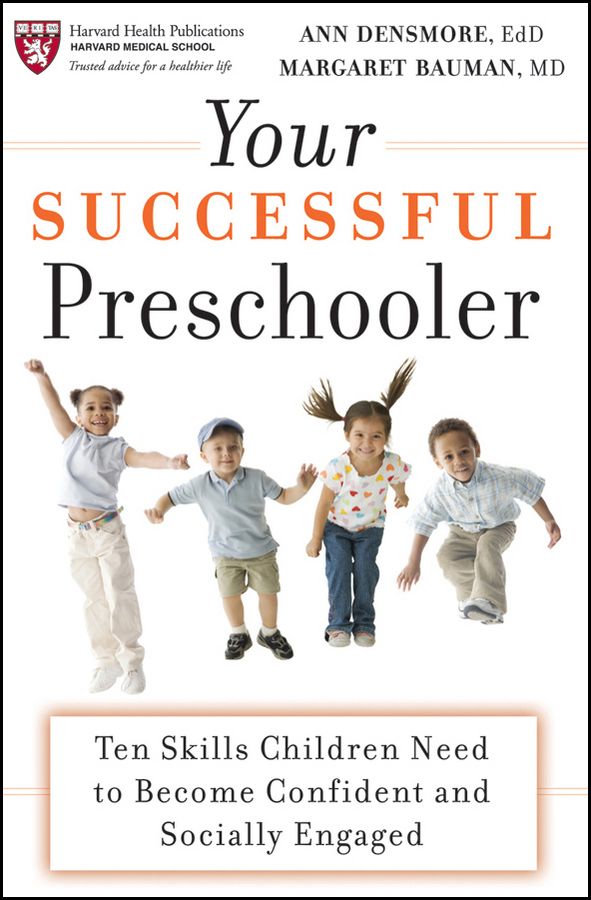 Instead, remind them that being less than perfect is human and totally okay.
Instead, remind them that being less than perfect is human and totally okay.
11. Set them up for success
Challenges are good for kids, but they should also have opportunities where they can be sure to find success. Help your child get involved with activities that make him feel comfortable and confident enough to tackle a bigger challenge.
12. Show your love
Let your child know you love him no matter what. Win or lose the big game, good grades or bad. Even when you’re mad at him. Making sure your child knows that you think they’re great — and not just when they does great things — will bolster their self worth even when they’re not feeling good about themselves.
Video Resources for Kids
Teach your kids mental health skills with video resources from The California Healthy Minds, Thriving Kids Project.
Start Watching
6 ways to help your child become self-confident
children's center and
youth
Development
Phones
+7(495)135-15-45+7(901)388-61-35
Author: Anastasia Rybakova
Contents:
- Self-confidence - what is it?
- Why does a child need self-confidence?
- The child has become unsure of himself - what are the reasons and what to do?
- 6 ways to help your child become self-confident
- Psychological advice for dealing with self-doubt
- My personal experience - how I dealt with insecurity
In today's world, situations often arise when parents see that a child is withdrawing into himself, he has problems with self-esteem, with communication and hobbies, and not only. These are all signs that the child lacks self-confidence. My name is Nastya, I am 16 years old, and I decided to figure out why this is happening and how to help the child (and parents too) cope with this phenomenon.
These are all signs that the child lacks self-confidence. My name is Nastya, I am 16 years old, and I decided to figure out why this is happening and how to help the child (and parents too) cope with this phenomenon.
Self-confidence what is it?
To make our conversation more informative, we need to understand some key theoretical points.
What is self-confidence? We can talk about many things, this is an adequate, directed in a positive direction, assessment of oneself and one's capabilities, the ability to accept one's shortcomings ...
But the most important thing follows from this very phrase, self-confidence is self-confidence.
This is what helps not to give up even in the most difficult times of life, to go forward, no matter what.
Why does a child need self-confidence?
We are used to the fact that adults think about self-confidence more often than children, it is more important for them. It's probably some kind of stereotype. After all, kids need more than that. Even more. Let's figure out why.
It's probably some kind of stereotype. After all, kids need more than that. Even more. Let's figure out why.
Self-confident children grow into self-confident adults!
That is, it is worth developing a child's self-confidence, at least so that everything is fine in his adult life. The phrase we all come from childhood fits here more than ever. All children's grievances, complexes, and so on greatly affect our place in life, success in the future.
Psychologists have found that the degree of success in adulthood directly depends on the degree of self-confidence.
- A child needs confidence in order to:
- He had healthy relationships both in the family and with peers;
- He studied easily, passed exams and answered at the blackboard;
- Tried new things and was not afraid to make mistakes;
- To grow up a happy person.
Nowadays this character trait is simply necessary everywhere and in everything!
The child has become unsure of himself - why and what to do?
It happens that initially the child was quite self-confident, open and positive, parents worked on the development of this quality, but suddenly he became more closed, more and more often a negative mood began to prevail.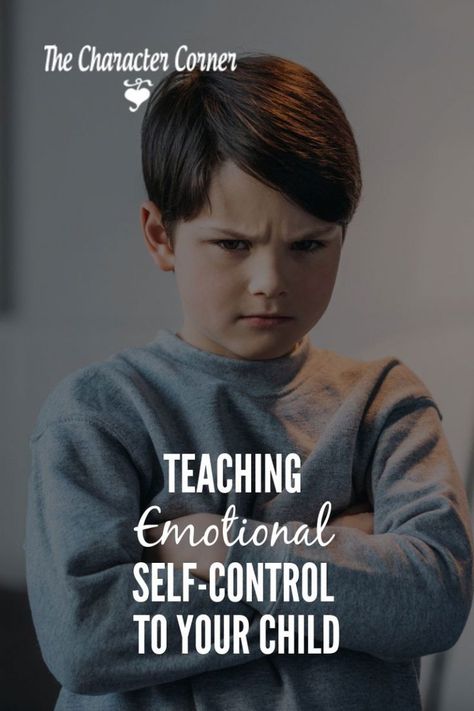
First you just need to talk to him. Perhaps he himself will tell you the reasons for his behavior, his isolation. But if not, here are the 3 most common causes of self-doubt in toddlers:
- Lack of love
If a child feels some kind of alienation from people close to him, he withdraws into himself and feels anxiety and loneliness.
- No support
If you are constantly on anyone's side, but not for your child, leave him alone with his fears and do not help the child to fight them or experience them together, then the child experiences some kind of confusion, excitement.
- Intimidation, aggression
If you often shout at your child, frighten him, for example, with various difficulties, or beat (!!!) there is nothing surprising in the fact that the child is not self-confident. In this case, there is also no question of trusting relationships in the family.
6 ways to help your child become self-confident
So how can you help your child become more self-confident?
I have 6 tips for you:
- Do not criticize, but support and guide
How many of us like it when our work or our actions are criticized, and sometimes unjustifiably? That's right, nobody.

Your support is very important for your child.
For example, oh my god, never draw again, you're awful at it, it's not yours, but well done, you try so hard! Try again, you will definitely succeed!
I think the difference is obvious. In the first case, the child will be upset and with a 99% probability will no longer touch drawing, and most likely will destroy his talent, albeit hidden under a hundred randomly painted sheets. And in the second, the child will try again and again, and someday he will become, perhaps not Van Gogh, but a very good artist.
- Let the child make mistakes
At the same time, from childhood, let him understand that he himself bears responsibility, although not yet complete, but nevertheless, for his actions and what they led to. Tell your child why mistakes are okay.
We are not all perfect.
Again, returning to the previous paragraph, direct. Let's have a choice.
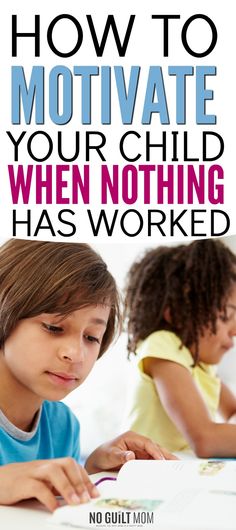 Let the baby understand that he can choose this or that, and learn to understand the consequences of his choice.
Let the baby understand that he can choose this or that, and learn to understand the consequences of his choice. - Focus on your child's strengths
Each of us has something that turns out better and worse
If a child cannot sing, but he dances beautifully, give him the opportunity to develop in the area that causes positive emotions in him, in which he feels comfortable.
No need to force him, figuratively speaking, to stand on a stool in front of the guests and sing, this will confuse the child, and knowing that vocals are not his forte, such a situation will remain in his head for a long time in the form of a kind of nightmare.
- But at the same time, explain to the child why one should accept one's shortcomings
I must say right away that this advice is more suitable for a teenager. Explain that shortcomings are also one of the sides of his character, and that it is worth working on it.

Show by example how to get rid of some complexes.
If there is a fear of public speaking, try to be in situations where you need to say something to a large enough audience as often as possible, etc.
Having overcome one or another of his fears, a teenager will almost immediately feel much more self-confident.
- Instill in your child the habit of continuous development
Again, this advice applies more to teenagers. Now in the world of teenagers there are two trends: some of us prefer to stay at home, playing computer games and spending days on end in virtual life, others still strive to learn as much as possible new, to know the world and find our place in it through continuous development. I am glad that the second over time becomes more and more.
If the child is not instilled from childhood, and then not explained in adolescence the full significance of continuous development, he may have problems at least with self-esteem, hence with self-confidence.
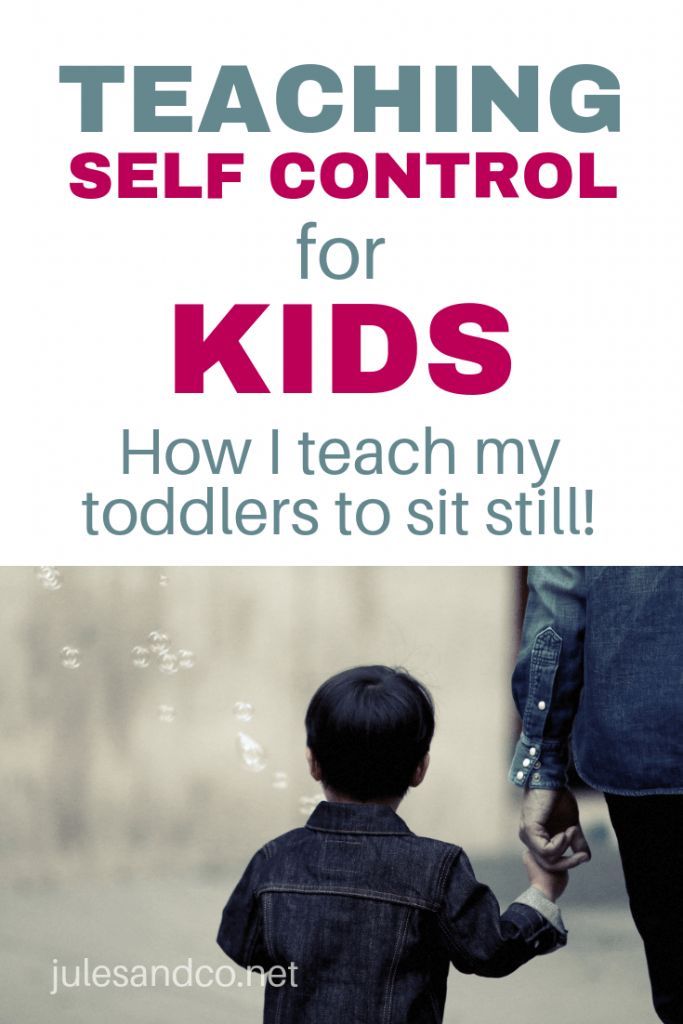
People who love development and realize its value are more self-confident, and this is an indisputable fact.
- Do not compare
The fact that parents constantly compare the child with someone else, especially if the comparison is clearly not in the child's favor, discourages him from doing something because there is always someone better.
Consequently, there is no need to talk about self-confidence in a baby growing up in such a family, but there are more than enough inferiority complexes.
Each person is unique, and you need to love and try to accept your child as he is.
Naturally, these are not all ways to help a child become self-confident, but only a part, but they are one of the most effective.
Of course, you also need to take into account the age characteristics of the child and apply the above tips, focusing on the age of your child.
1 to 3 years old , for example, the baby needs to be given at least a little independence and gradually expand its boundaries.

From 3 to 7 years old a child can already see the difference between his physical and emotional states and somehow correct them depending on the situation. It is at this age that children are most often prone to copying the behavioral models of their parents, so take care of yourself as well.
Psychologists' advice on dealing with childhood insecurity
What do psychologists think about this? How do they see a competent struggle with self-doubt? Let's find out now!
The most important thing to do is to love yourself .
The first step towards this is to accept yourself.
It is more difficult for a child to do all this, he is not yet so knowledgeable in psychology and in the principle of life, so you should tell him about it. Show such things with your own example.
Tell him a simple truth no matter what you do, I will always love you, I will always be on your side, I will always support you.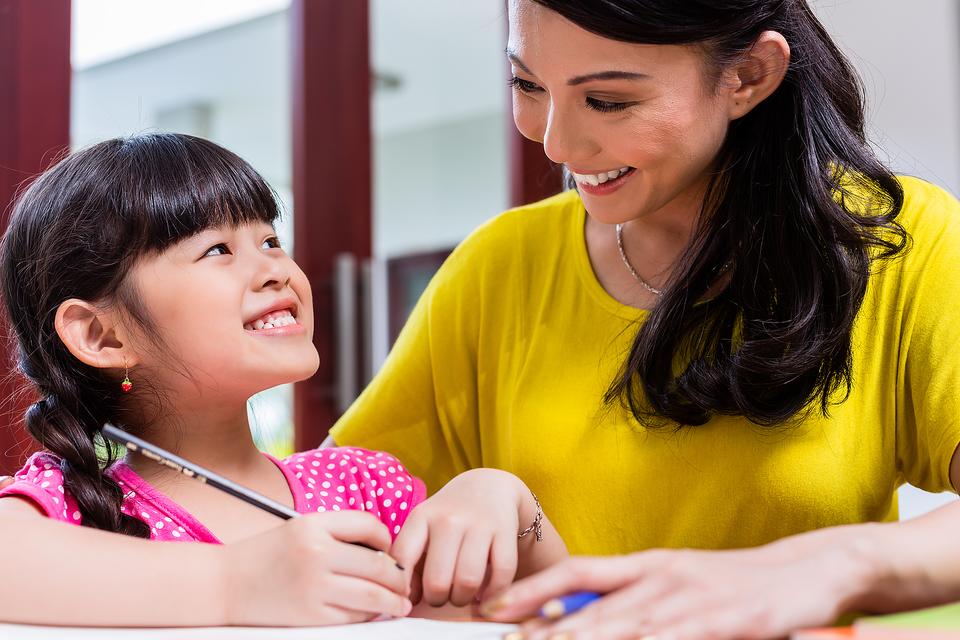
Yes, after saying this, the child might try to do something not very good to test the strength of the ice. Your task is to take it calmly and explain what he is wrong about.
You did wrong, it should be corrected. I'm upset by your behavior. But I always love you, even when I am unhappy with your behavior and scold you.
Do not demand from a child what he is unable to fulfill.
I already mentioned this above in the tips.
Each person is unique, each of us has different capabilities and abilities, and it is a bad idea to demand from a child the realization of his own unfulfilled goals and desires.
Always try to prove some statements/beliefs by your own example.
If a child sees that you are dependent on the opinion of society, try to isolate yourself from the outside world and hide in your comfort zone, do not be surprised that he will behave the same way.
If you don't want your child to repeat some of your mistakes or not the best traits of your character, learn and change with him.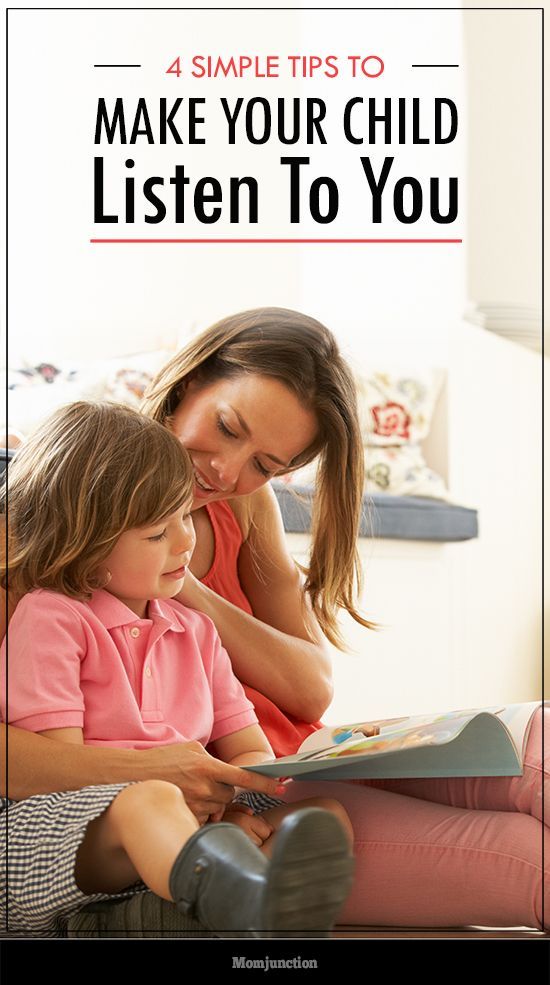
Give your child the opportunity to make choices and make mistakes, but don't demand too much from him.
Children are children after all. Do not intimidate, but do not try to protect yourself from all the bad things that theoretically take place, there is no and cannot be one hundred percent insurance.
Consider the psychological characteristics of your child in all situations.
This is both temperament and his psycho-emotional state at one time or another, and much more. Your behavior also depends on the complex of the psychological capabilities of the baby.
Sometimes a child should be encouraged and motivated to, for example, do something else, and sometimes give him the opportunity to relax and calm down by stopping classes.
Teach your child to understand his feelings and accept support, make mistakes and correct mistakes
It is very useful to attend confidence courses for children aged 6-8.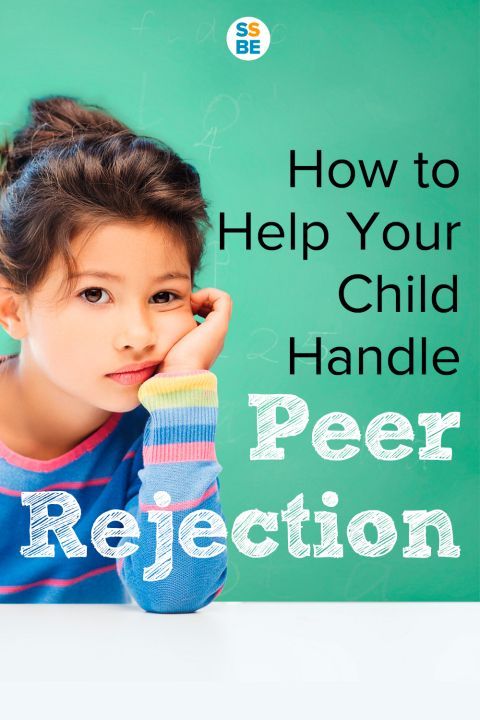 Because this trait is brought up from childhood. And if this age of the child has already passed, you can learn more about yourself at teenage confidence trainings. Or it is important to study the information in books so that the child understands what is happening to him and therefore develops awareness.
Because this trait is brought up from childhood. And if this age of the child has already passed, you can learn more about yourself at teenage confidence trainings. Or it is important to study the information in books so that the child understands what is happening to him and therefore develops awareness.
How I coped with my insecurities
It so happened that in my childhood and early adolescence I was a very insecure and insecure child.
This was influenced by many factors - excessive demands and expectations of parents in many ways. As a result, I developed perfectionism. It brings to something good in extremely rare cases. And also - my closeness as a character trait.
I was afraid to try something new, to make mistakes, if something did not work out, I gave up, got upset and refused to try again.
I am grateful to my friends who were by my side at the age of 13.
It was only then that I began to become more relaxed, open up and, probably, became truly alive, it was all thanks to them.
Around the age of 14-15, I myself reached the point of what self-confidence is for me personally, how can I personally develop this quality in myself. Life has become much easier.
I started getting interested in psychology, it was very interesting for me to understand myself, and this field of activity helped me become who I am now. I like myself like this.
Yes, now sometimes, in some situations, I can close myself, but I'm glad that I'm learning to get out of my comfort zone and overcome some complexes, unfortunately, that appeared in childhood.
I am proud that I had the willpower not to quit halfway through what I started. It was difficult, because the people around me got used to me being quiet, withdrawn, that you can laugh at me, etc. I think that I am well done, that I have not finished fighting my fears, I have overcome myself, and most importantly, I have stopped paying attention to the opinions of society.
It is important to understand that people will always say something.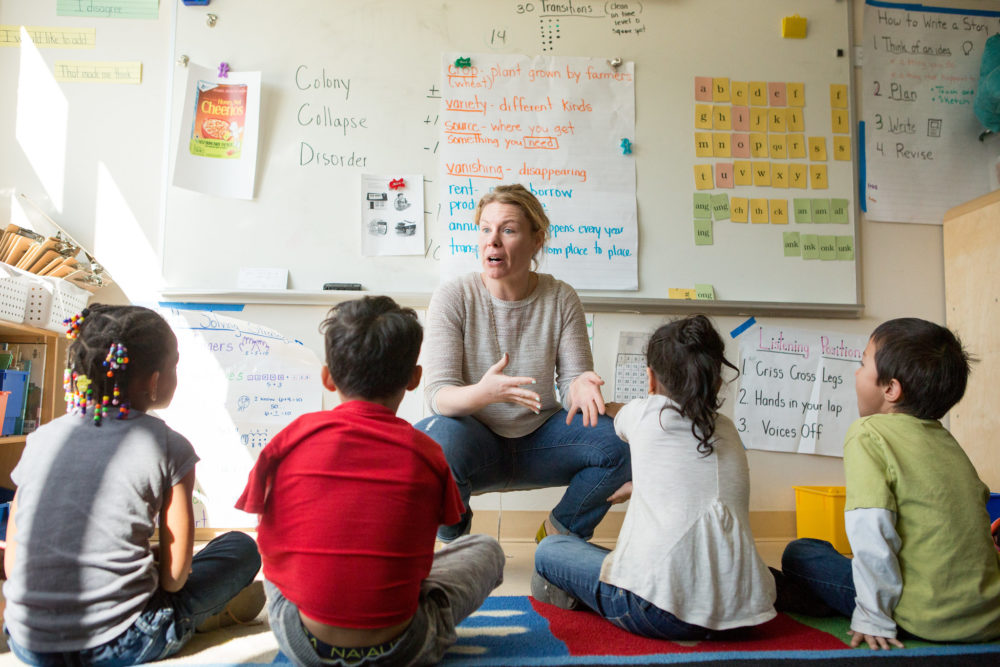
It's not, it's not. Doesn't matter. The main thing in this countless number of judgments is not to lose yourself and your views on life.
Whatever you say, trainings and courses on confidence development are very useful. They give the opportunity to understand that not only you have such difficulties, to understand yourself, get support and feel that you are understood.
What I would like to say in conclusion of our conversation:
Love your children. Talk to them, try to understand and accept everything that happens in their lives, their views, opinions and choices. Try to be sensitive towards them. Their behavior, their place in life in the future directly depends on how their childhood passed, what was the psychological climate in the family. It is in your hands to do everything possible so that the adult life of your child is filled with happiness, harmony and confidence in yourself and your abilities! I wish you success!
subscribe
for news
order training
for a group
contact
contact us
How to develop a sense of self-confidence in a child
home
Parents
How to raise a child?
How to build a child's self-confidence
- Tags:
- Expert advice
- 0-1 year
- 1-3 years
- 3-7 years
- 7-12 years
- teenager
- communication skills
Various factors influence the formation of confidence in childhood: the attitude of parents, peers, teachers towards the child, as well as the first successes and defeats.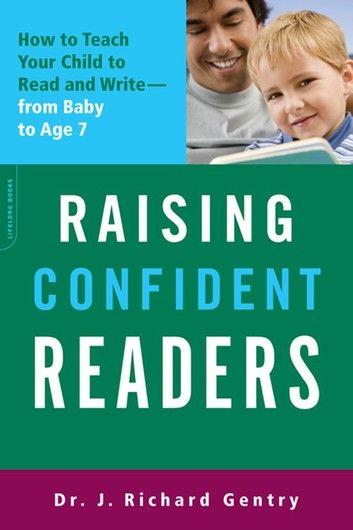 When a child goes to school, his qualities and abilities undergo a serious "test" for strength. In order for this test to be successful, parents should in advance, from the age of four or five, start educating their children in self-confidence and their abilities.
When a child goes to school, his qualities and abilities undergo a serious "test" for strength. In order for this test to be successful, parents should in advance, from the age of four or five, start educating their children in self-confidence and their abilities.
Today, psychologists identify six basic rules that help in one way or another to build self-confidence in a child.
1. Start with yourself
Children adopt many traits and behaviors of their parents. So before you start building confidence in your child, pay attention to your relationship with your spouse. Children react very painfully to parental quarrels, even if they are not their participants or witnesses. The tense atmosphere that reigns in the house after any conflict negatively affects the emotional state of the child, undermining his trust in his parents. Try to show respect for each other under any circumstances, then your child will feel more confident. In families where the "microclimate" is bad, children are unlikely to grow up as optimists and be at least somewhat socially successful. The parent's self-doubt is passed on to the child, who reproduces their low self-esteem. And she, in turn, can cause his failure in any activity - this is how a vicious circle arises.
The parent's self-doubt is passed on to the child, who reproduces their low self-esteem. And she, in turn, can cause his failure in any activity - this is how a vicious circle arises.
According to some experts, raising a child's confidence should not be an end in itself for parents. First of all, form in it a harmoniously developed personality. And this requires conversations with the child, encouragement of his initiative, respect for the personality of the child, a normal microclimate in the family. You can find out how the singer and actress Anastasia Stotskaya is raising her son Alexander by watching the program “We Are Parents”.
2. Develop communication skills
Self-confidence is formed in the course of interaction with other people. Teach your child to express their desires and feelings. Shy children often follow other people's opinions because they do not know how or are embarrassed to explain to others what they want.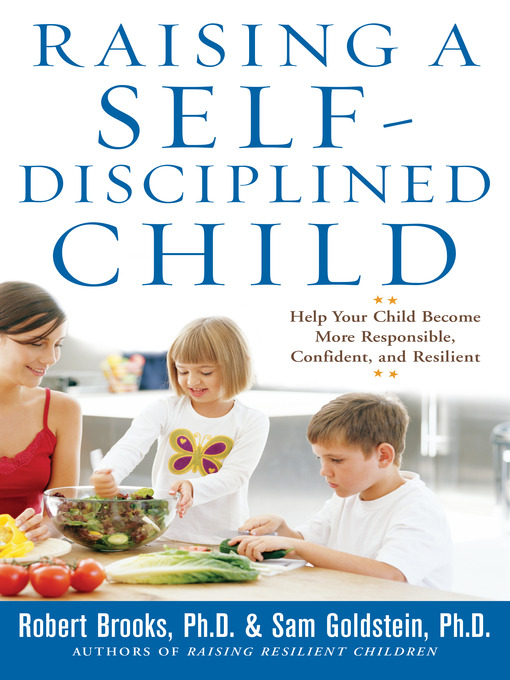 It is necessary to teach such children the skills of communication with peers. To do this, you can make a list of phrases that help build a conversation, and rehearse dialogues on various topics. A good help for such activities are role-playing games, where each participant is given the opportunity to be in the lead role.
It is necessary to teach such children the skills of communication with peers. To do this, you can make a list of phrases that help build a conversation, and rehearse dialogues on various topics. A good help for such activities are role-playing games, where each participant is given the opportunity to be in the lead role.
3. Do not compare a child with other children
Comparing a child with other children, and not in his favor, adults run the risk of forming an inferiority complex in him, which interferes with the harmonious development of his personality. The child's lack of confidence in the support of parents leads to the fact that he begins to feel unloved and unwanted. For normal development, children need to be in an atmosphere of love and psychological well-being. It is important for a child to be sure that in difficult times, parents will always come to his aid.
4. Recognize the child's right to be who he/she is
It is not uncommon for adults to want their children to have certain qualities and abilities that they consider useful for the child. In an effort to bring them up in their baby, parents do not notice or do not appreciate the qualities that the child has. Try to objectively evaluate your expectations from children: are they too high? In this case, the child may be haunted by the fear of not meeting your expectations, fear of failure, which undermine the basis of his faith in himself. It also matters how well adults are able to understand the needs and interests of their child. Accept the child as a person. Then there will be fewer reasons for reproaches, and much more reasons for pride and praise.
In an effort to bring them up in their baby, parents do not notice or do not appreciate the qualities that the child has. Try to objectively evaluate your expectations from children: are they too high? In this case, the child may be haunted by the fear of not meeting your expectations, fear of failure, which undermine the basis of his faith in himself. It also matters how well adults are able to understand the needs and interests of their child. Accept the child as a person. Then there will be fewer reasons for reproaches, and much more reasons for pride and praise.
5. Develop talents and abilities
Help your child find activities that will help develop their existing abilities. A positive result will not only give self-confidence, but also increase his self-esteem. The main thing is that these activities should not be forced, otherwise they will not bring any benefit or satisfaction to the child. Therefore, do not insist on what exactly you think is more useful for him.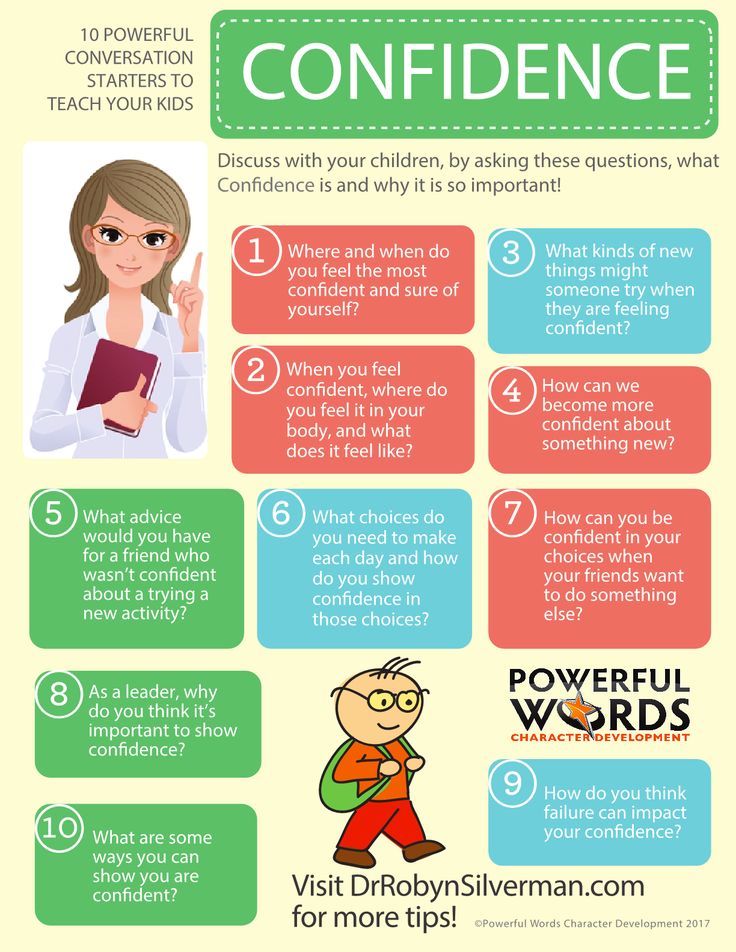 Give him the opportunity to determine what he wants to do (for example, music, sports or art). On our website you can find out how to choose a creative studio or sports activities for a child.
Give him the opportunity to determine what he wants to do (for example, music, sports or art). On our website you can find out how to choose a creative studio or sports activities for a child.
6. Praise the child for any merits
Any, even insignificant, successes of children should not go unnoticed by parents. Praise your child for merit: for good grades in school, for winning sports competitions, for a beautiful drawing, for obedience. Praise will have a beneficial effect on his self-esteem. However, the guest of the program "How to Raise a Happy Child" Elena Piotrovskaya suggests not just praising the child for his actions. Child psychologist offers to communicate with the child. It is interesting to replace direct praise with qualitative and quantitative questions about the work done by the child. And let him draw a conclusion about your attitude to his act. Genuine interest and the lack of a direct qualitative assessment of his activities will help develop an analytical mindset in a child.